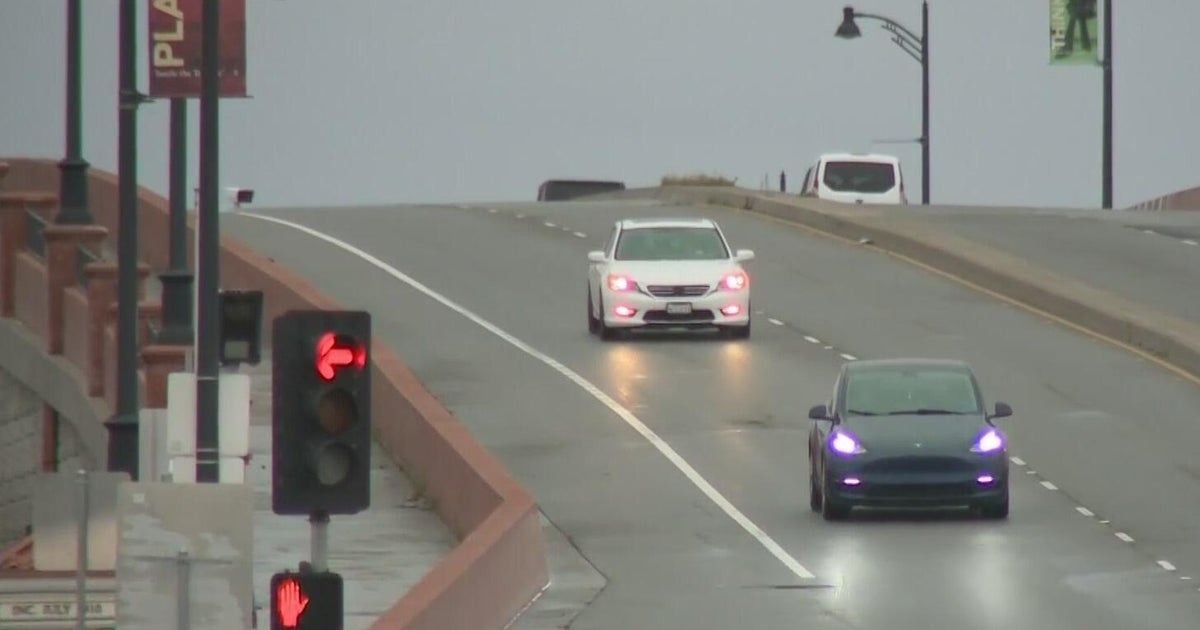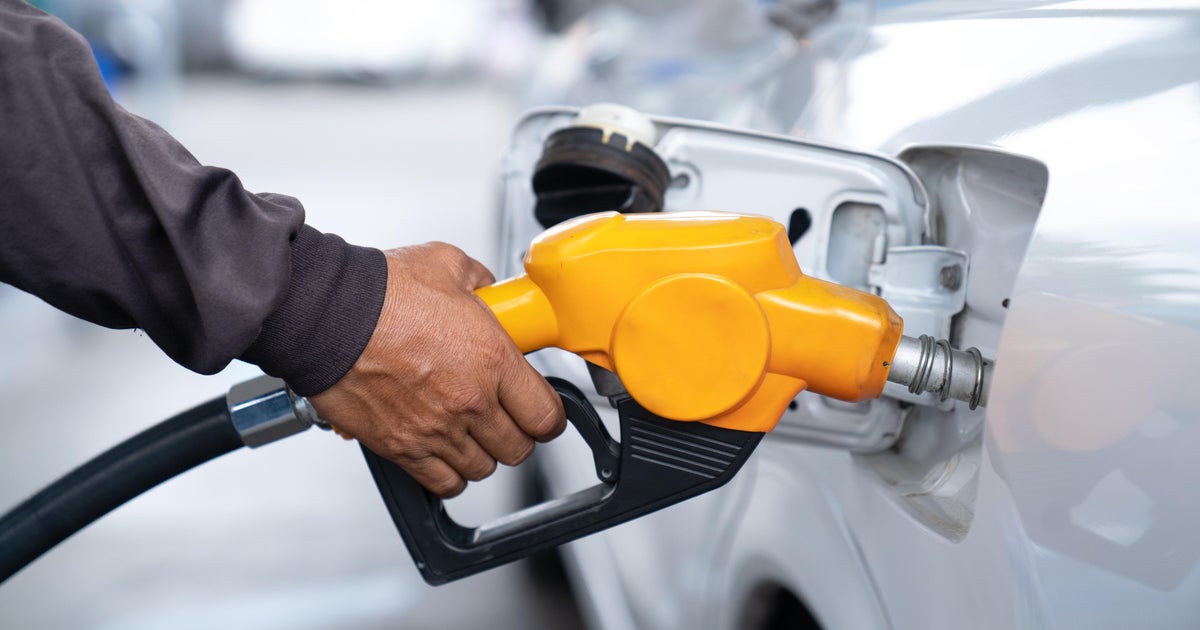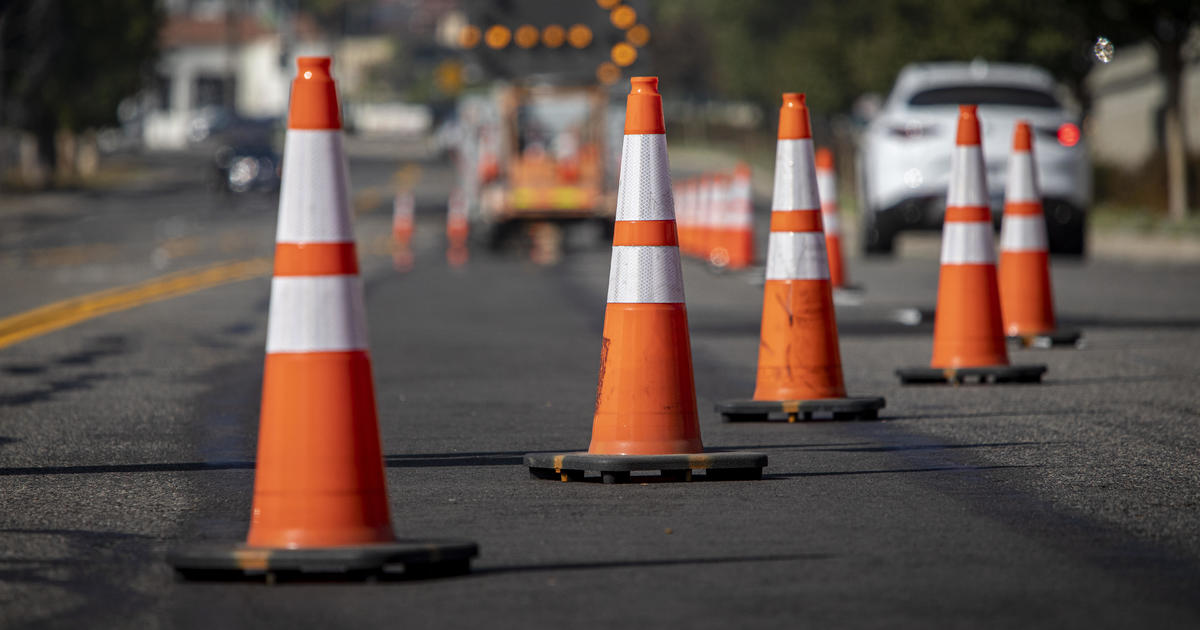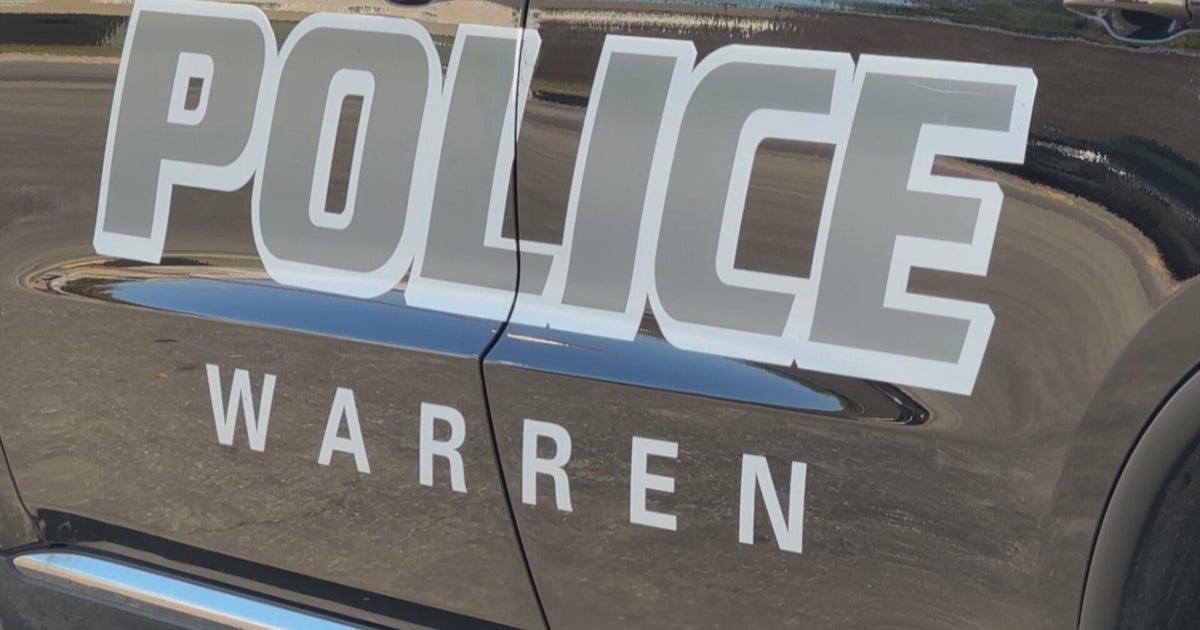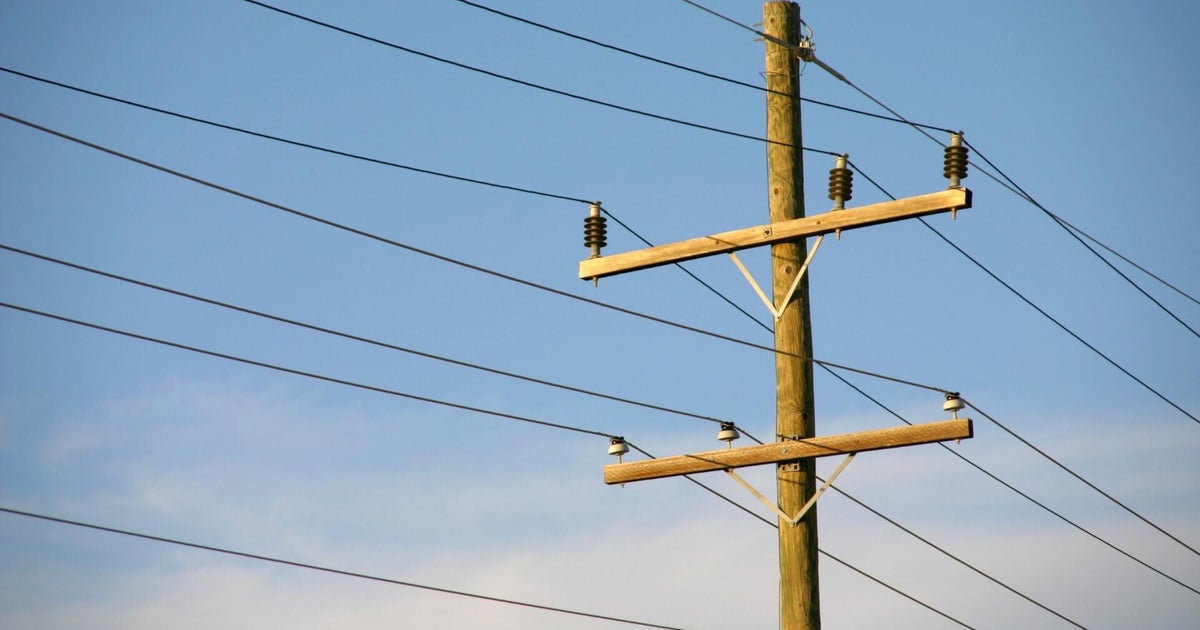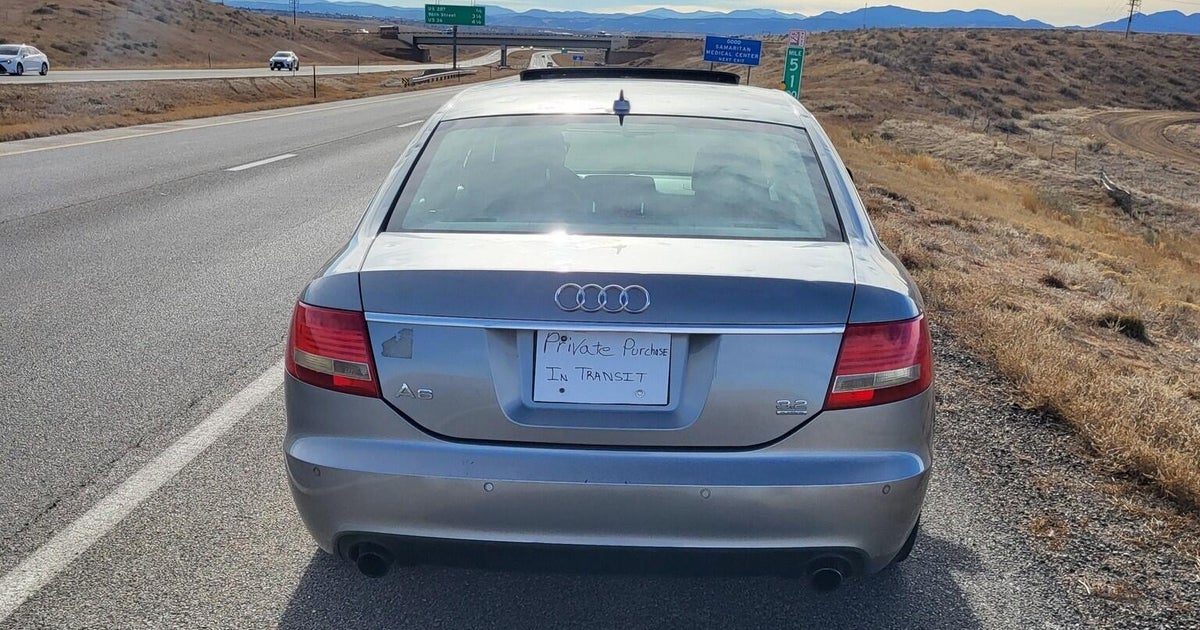With Fewer Drivers On Road, Some Auto Insurers To Offer Refunds To Customers
DALLAS (CBSDFW.COM) - As millions of Americans remain under stay-at-home orders, several auto insurance companies have vowed to issue refunds to customers.
With more people working from home or dealing with unemployment, fewer drivers are now the road.
This week Allstate announced it will return 15% of premiums paid by customers for April and May.
AAA is offering a 20% refund on current policies.
Geico is offering a 15% credit on customers' next policy term.
Progressive is offering customers a 20% premium credit.
Liberty Mutual Insurance followed suit Tuesday by stating it will offer its customers a 15% refund on two months of auto insurance premiums.
State Farm is returning $2 billion dividend to its auto insurance customers.
American Family Insurance said it will provide customers with a one-time payment of $50 for each insured vehicle.
"Why? Because with fewer cars on the roads these days, there are fewer accidents," the AFI website stated. "And more importantly, it's the right thing to do."
Spokespeople for State Farm and Progressive stated they will possibly make announcements later this week.
"We're also exploring how to best return some premium to customers to reflect the decreased exposure that comes with less frequent driving during the pandemic and expect to have those plans in place soon," said Jeff Sibel, a spokesperson for Progressive.
GEICO stated it would also be working with customers, explaining in a statement:
"GEICO is providing a 15 percent credit to its auto and motorcycle customers as their policy comes up for renewal between April 8 and Oct 7. The credit will also apply to any new policies purchased during this period."
"We have this trickle, but it won't take long until we see a flood," said Bob Hunt, the director of insurance for the Consumer Federation of America.
Hunt previously served as the insurance commissioner of Texas during the 1990s.
In March, the Consumer Federation of American issued a letter to insurance companies, urging them to alter premiums as fewer drivers hit the roads.
"[Companies are] going to feel the pressure if they start reporting massive profits while people are suffering," said Hunt, who suggests all customers should contact their insurance companies about potential refunds.
Even in cases where insurers do not issue refunds, customers can still potentially qualify for discounts or reduced coverage.
"They should look at how they use the car. If it's different than how it was last month, there's a good chance they can save money, maybe a lot of money," said Dan Karr, the founder of the consumer watchdog service, ValChoice.
Several companies base premiums on mileage estimates.
Karr said policyholders should ask to change the use of their vehicles from "commuting" to "recreational" if they are working from home for the forseeable future.
Customers who plan on storing their cars for more than 30 days with no intention of driving may be eligible for a reduction of coverage. Some "storage" plans allow policyholders to maintain comprehensive coverage only, while suspending liability and collision coverage.
On its website, ValChoice offers a calculator that estimates how much customers could save on car insurance in each state.
The group also recently published a report on how it predicts auto insurers and customers will fare in the coming months. <>
Karr said he predicts auto insurance companies still stand to profit if there is a sizable decrease in claim payouts.
"It's almost pure profit [for insurance companies] right now because all these cars are parked," Karr said. "So returning money to consumers is definitely the right thing to do".
A spokesperson for the Texas Department of Insurance said the agency issued a bulletin last month, encouraging the insurance industry as a whole to be flexible with policyholders.
In a statement, a spokesperson for the National Association of Insurance Commissioners wrote:
"Since the early days of the outbreak, state insurance regulators have worked to protect both consumers and market stability in ways tailored to their individual regions, including grace periods for insurance premiums. The NAIC will continue to share measures being taken by individual members with its larger membership and coordinate discussions on possible multi-state best practices and standards."
